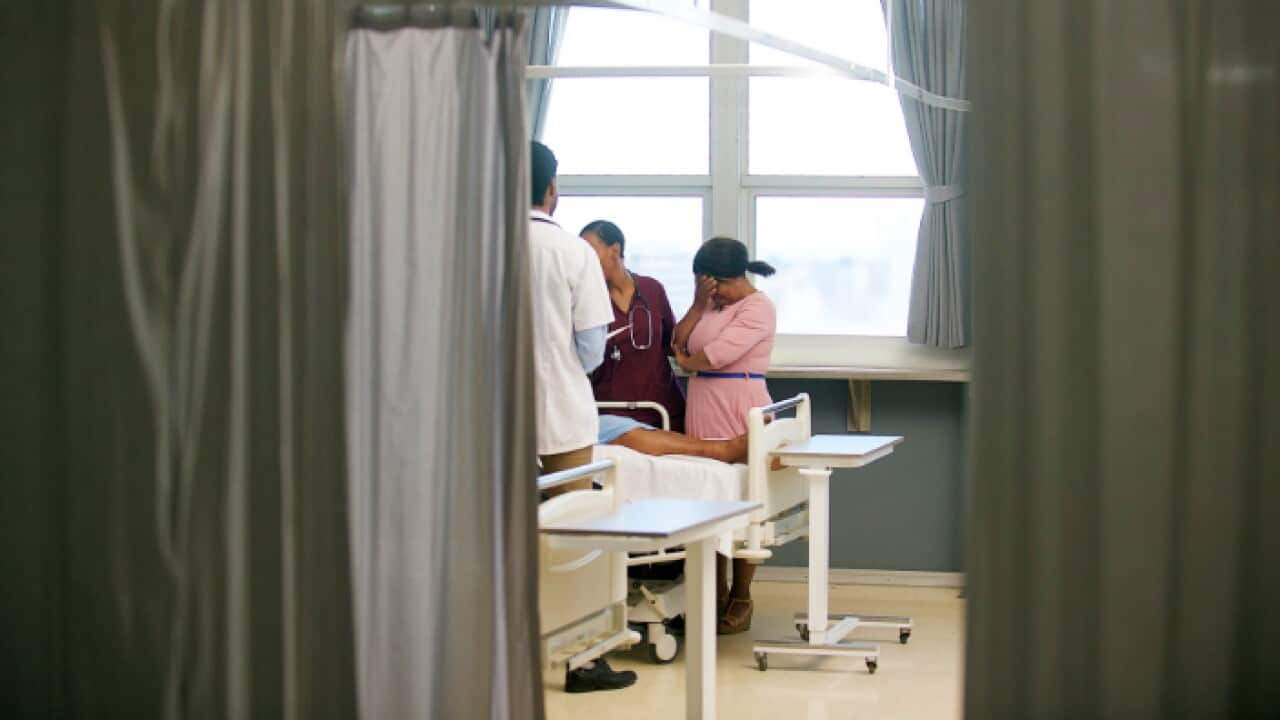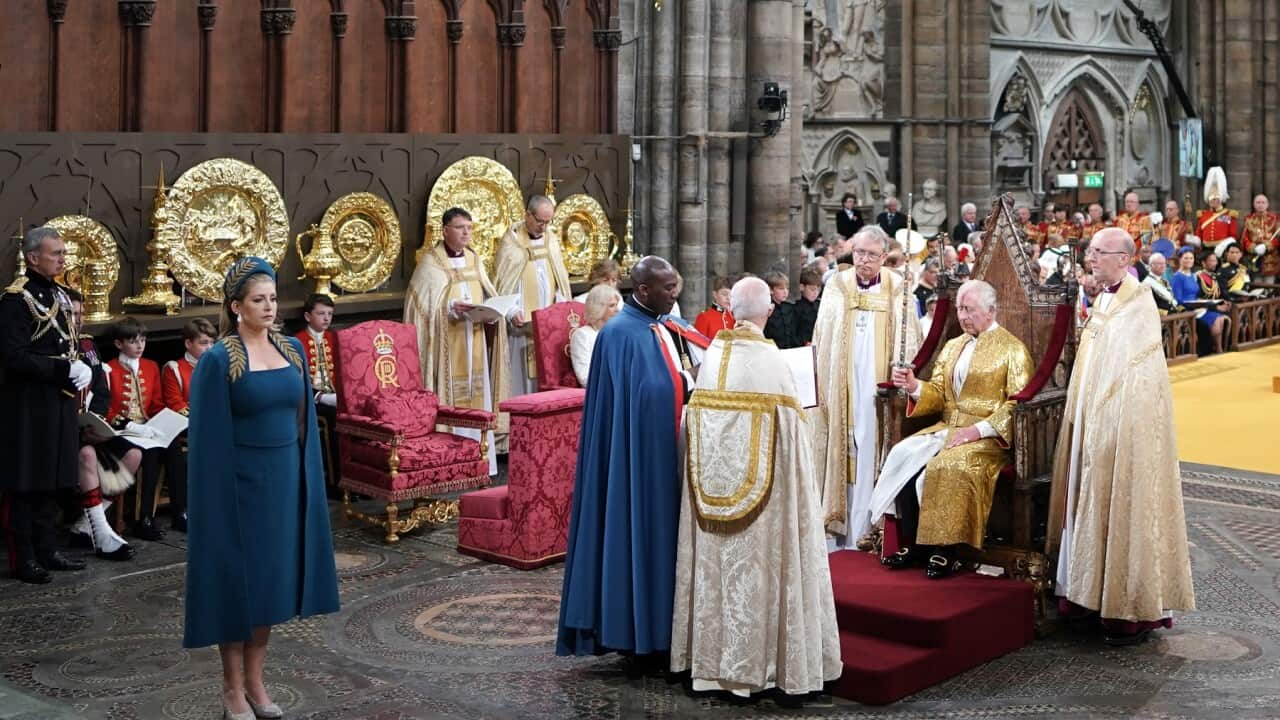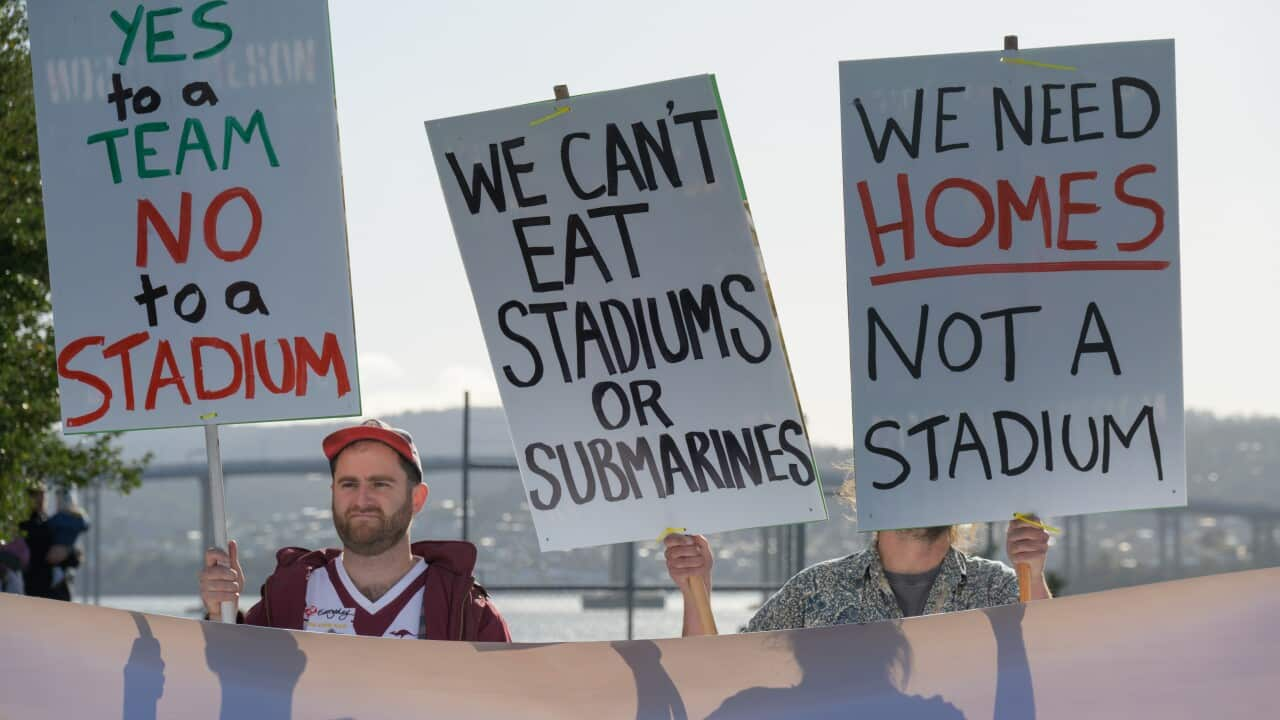Around 60 per cent of Australians have low health literacy, which means they don’t properly understand the information given to them by a doctor or health professional.
Health literacy rates are even lower in those born in non-English-speaking countries, with three-quarters (75%) of people who have come to Australia from a non-English speaking country having trouble understanding health information.
Health literacy expert Dana Mouwad [[DAH-na MAO-wad]] says moving to a new country and leanring a new language is difficult enough, and learning about a new health system can add more confusion.
Having lower health literacy can also increase the risk of other issues, like mismanaging medications and increased admissions to hospital.
New South Wales Multicultural Health Communication Service director Lisa Woodland says they're focusing on 'new and emerging communities', those who have just arrived in Australia, or are smaller in number or not as established as other migrant groups.
Health worker Abulla Agwa [[uh-BOOL-uh UG-wah]] says for new arrivals, finding out about health services in their community can make a huge difference.
Mr Agwa runs a health support group at the Mt Druitt Ethnic Communities Association in Sydney's west.
He says people come to ask questions and talk about everything, from going to the doctor for a check-up and how to find a specialist, to navigating Medicare and stress management.
This week also marks the launch of a new video and health fact sheet in 20 different languages.
Ms Woodland says these new resources focus on the newer, less established communities.
"Because often when translated information is done, it's done in the big community languages and there's a lot of information for those people but for those groups, those new and emerging communities, we don't have a lot of translated information and we don't have a lot of introductory information about accessing the Australian health care system," Ms Woodland said.
Multicultural Health Week runs from September 2-8.




